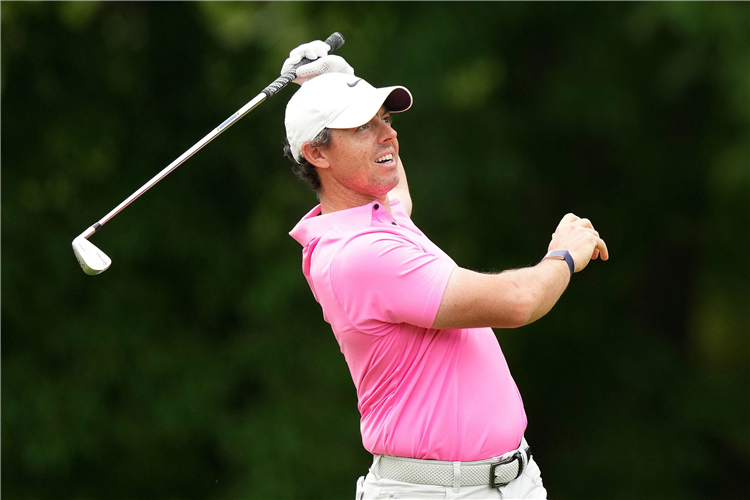World Anti-Doping Agency Director General David Howman has warned of the need to become more efficient in the battle to stop drug cheats in sport.
World Anti-Doping Agency Director General David Howman warned on Monday of the need to become more efficient in the battle to stop drug cheats in sport.
"Do you think that we have the science to track those who dope in a sophisticated manner? Personally, I don't think we do," Howman told representatives of the states that have signed the UNESCO Convention against doping in sport at a conference in Paris.
"We are catching the dopey dopers, but not the sophisticated ones."
While a total of 258,267 doping tests were carried out across the world last year, only 36 tests for the blood booster EPO came back positive after laboratory testing.
"It is the drug of choice for dopers," Howman said in reference to EPO.
"It is pathetic. We must increase quality and efficiency if we want to continue the fight."
Howman also emphasised the importance of punishing doctors, coaches, agents and all others who help sportsmen and women to dope.
"How many doctors or lawyers have been struck off because of involvement in doping?" questioned the New Zealand native, himself a barrister specialising in sports law.
The UNESCO Convention against doping in sport - introduced to promote the prevention of and the fight against doping - has already been signed by 162 countries, with Belize and Bhutan set to add their signatures soon.
However, the WADA insists this is not enough and urged governments to do their bit by adopting laws to prohibit the traffic of doping products, which can be easily obtained via the internet.
"The traffic of steroids is more lucrative than the traffic of heroin. This is a public health issue," insisted Howman.
National and regional anti-doping agencies have been introduced across all five continents and programs have been brought in to individual sporting federations, but Howman says the whole system must take a look at itself.
"We have to show concern," he added, making reference to studies which suggest doping is far more prevalent than previously suspected.




